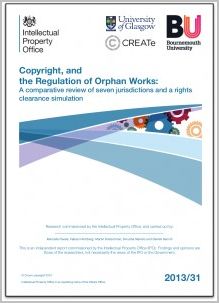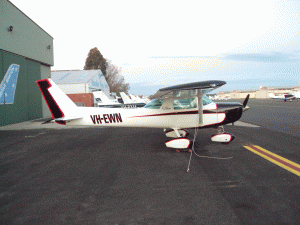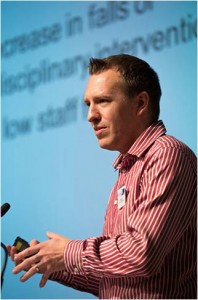Research is difficult. And like the loneliness of the long distance runner it can be isolating too. The aim of this post is demystify some of those early career uncertainties about what is expected, and to think about how we can work together in research as process (rather than content). It is underpinned by the questions: what should an early career researcher be aiming for? And how can we help those goals be identified, made manageable and achievable? It is based on a session I recently ran with some of my early career research colleagues.
We set aside a morning to begin this conversation. We started with a discussion about some of the constraints and barriers to research, both across the sector and within BU. Across the sector, government the Russell Group’s response to this (grr) all militate to pose greater challenges than perhaps 10 or 20 years ago. Within BU there are also a set of strategic goals across the University, schools and groupings. And of course, colleagues also have their own personal research goals.
Having discussed this wider context, we then began to think and talk about what we would want to achieve with our own research and how these goals might align with the context we are in. We did this through a conversations around a set of questions about research as process:
e.g. what is research?
what does a good research profile look like?
Where do you want your research to be at the end of the summer? After one year? Three years? (full set of discussion questions available from me hsavigny@bournemouth.ac.uk)
Through these conversations we then generated a series of outcomes:
- Colleagues developed realistic research plans for over the summer (which included holiday away from research and work generally)
- Shared practice on how to develop a research timeline for the forthcoming year and for three years
- The request for both a bespoke grants academy session (in current discussion with the research office who offer some great support here) and a writing workshop (to be organised by me and held in the Autumn)
- An agreement to run a series of research ‘brown bag’ sessions where we discuss the research we did over the summer (and we have just heard that we have now been able to get a one hour research session in to our timetable. This is so that discussions about research content and as process can continue throughout the year)
- A plan to hold a ‘meet the editors, publishers and grant reviewers’ session (again as part of the demystification process)
- A plan to establish an electronic discussion forum on linkedin so that research plans, ideas and good practice can be shared
Why I think this will work:
- I think sometimes in the midst of everything (exam boards and marking and reassessment and emails etc etc etc) we can forget that research is fun. Having a bespoke session where we think specifically about research and hear about each other’s projects is just good fun and can be quite energising
- Colleagues have some amazing ideas and research projects
- To have a space to talk about why research is difficult, and to understand that many researchers feel like that, can help with those feelings of isolation. Working collaboratively is not only about working together on content. The isolation and loneliness that can accompany research can also be tackled if we think of research as process; it doesn’t matter if someone works in my area or not, we can still engage in the exchange and challenging of ideas
- We have set small, achievable goals, as well as having done some long term planning.
I am more than happy to share what we did. If you would like to know more about the above or the writing workshops, or think of doing something similar yourself, please do get in touch
























 SPROUT: From Sustainable Research to Sustainable Research Lives
SPROUT: From Sustainable Research to Sustainable Research Lives BRIAN upgrade and new look
BRIAN upgrade and new look Seeing the fruits of your labour in Bangladesh
Seeing the fruits of your labour in Bangladesh Exploring Embodied Research: Body Map Storytelling Workshop & Research Seminar
Exploring Embodied Research: Body Map Storytelling Workshop & Research Seminar Marking a Milestone: The Swash Channel Wreck Book Launch
Marking a Milestone: The Swash Channel Wreck Book Launch ECR Funding Open Call: Research Culture & Community Grant – Application Deadline Friday 12 December
ECR Funding Open Call: Research Culture & Community Grant – Application Deadline Friday 12 December MSCA Postdoctoral Fellowships 2025 Call
MSCA Postdoctoral Fellowships 2025 Call ERC Advanced Grant 2025 Webinar
ERC Advanced Grant 2025 Webinar Update on UKRO services
Update on UKRO services European research project exploring use of ‘virtual twins’ to better manage metabolic associated fatty liver disease
European research project exploring use of ‘virtual twins’ to better manage metabolic associated fatty liver disease